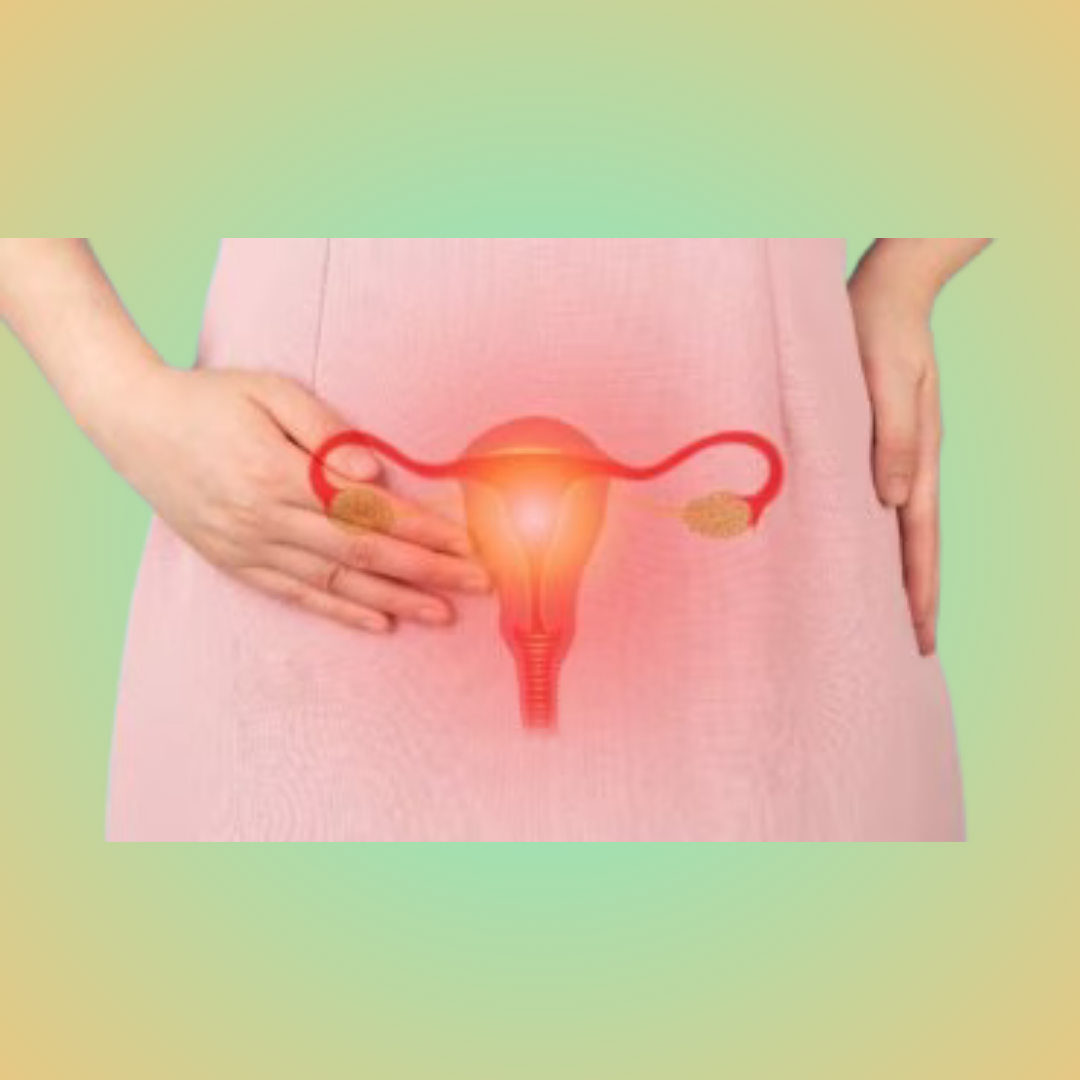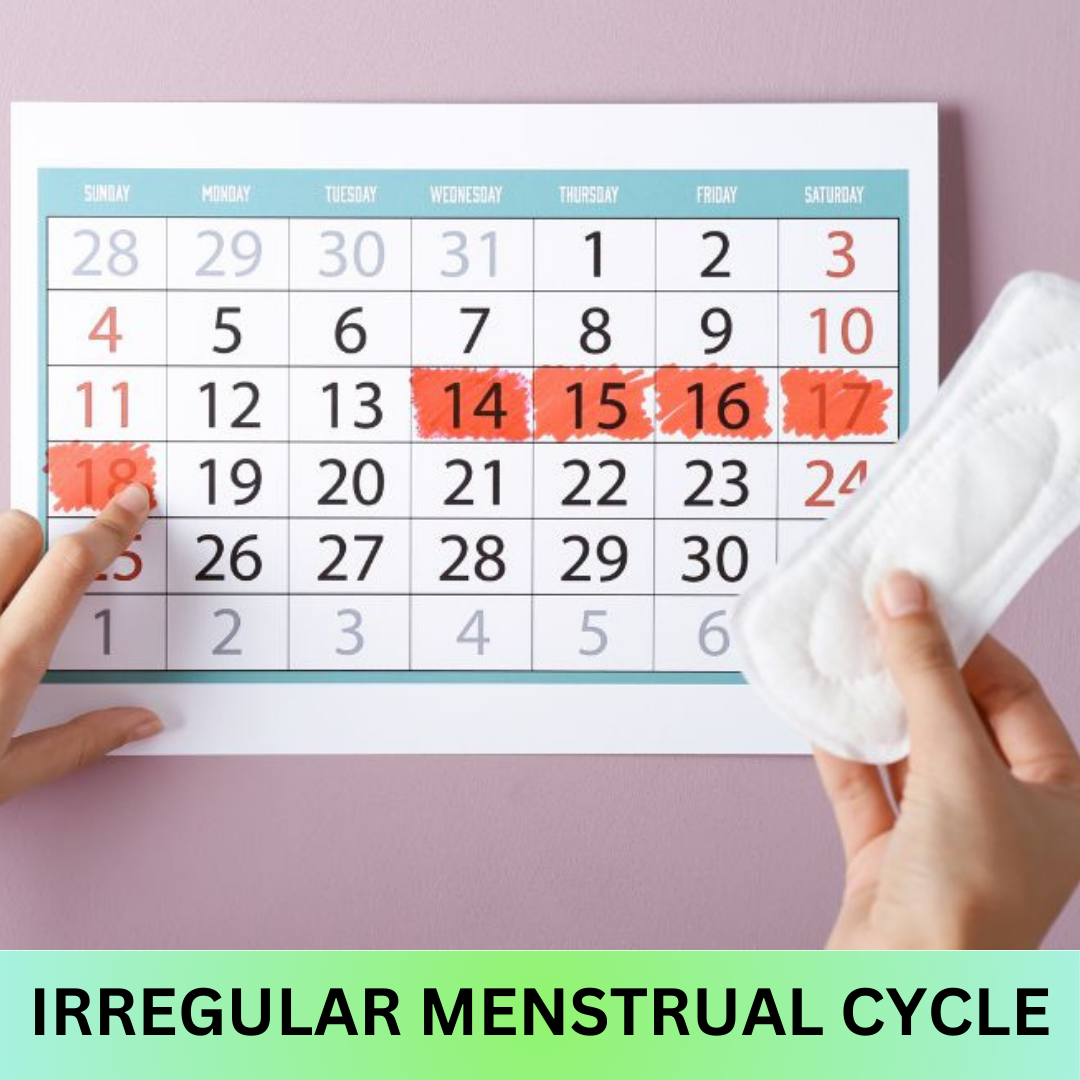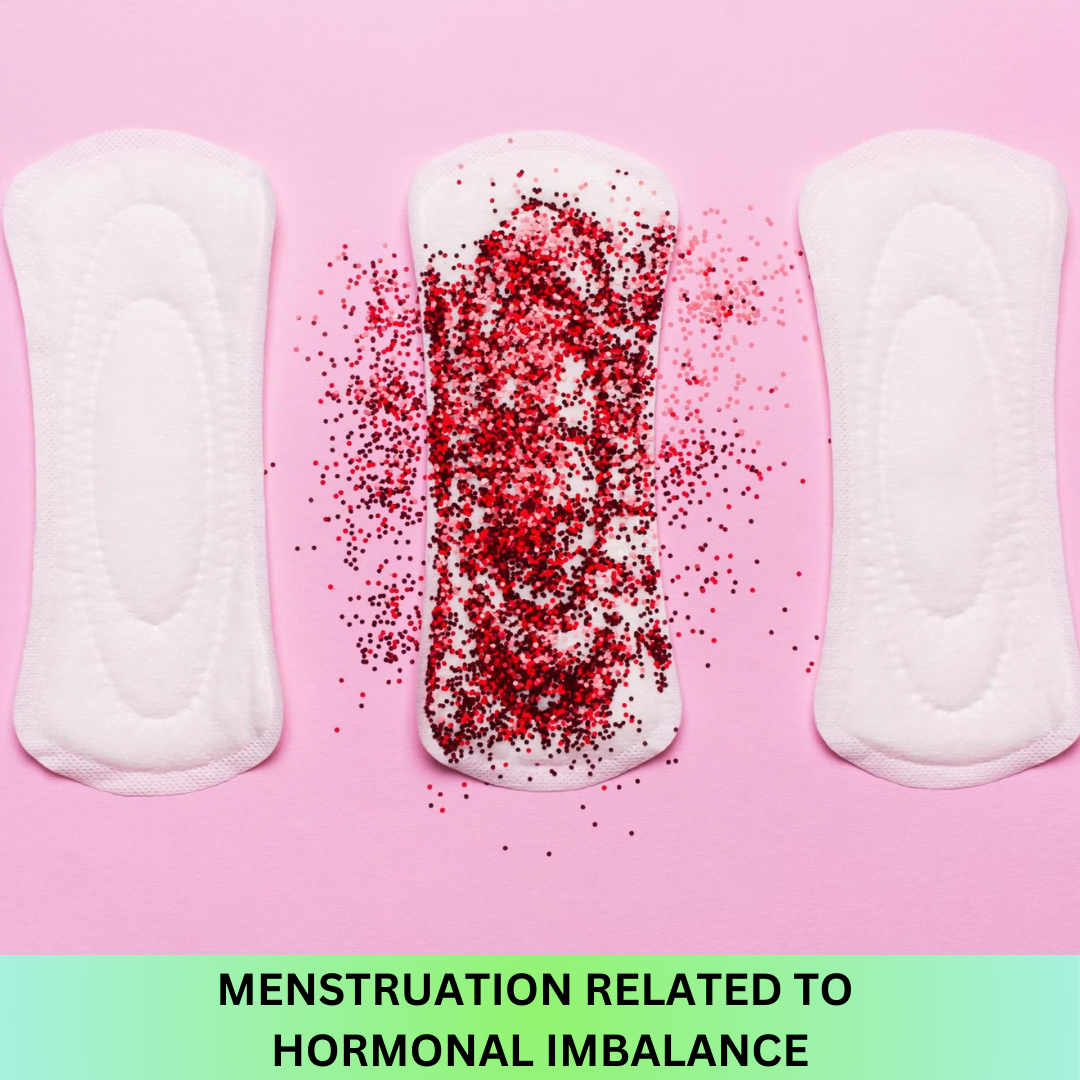

In Unani medicine, mensuration refers to the process of measuring or assessing various aspects of the body, particularly in relation to the menstrual cycle or reproductive health. It involves evaluating the condition and functioning of the reproductive organs in both males and females.
1. Blood (Dam) and its Role:
Blood (Dam) is considered the primary humor responsible for menstruation. In the female body, the blood undergoes a process of maturation and ripening to form the menstrual blood, which is then expelled. This process is believed to be influenced by the health of the liver, spleen, and uterus.
In Unani thought, menstruation occurs as a natural and regular release of excess blood from the body. The liver and spleen play an important role in transforming food into humor (Akhlat), and when the balance of humors is disturbed, it can lead to menstrual irregularities.
2. Function of the Uterus:
The uterus is considered the central organ in the process of menstruation. If the uterus is healthy and in balance, it prepares to expel the blood (or the excess humor) from the body regularly. This balance is influenced by the humors present in the body.
3. Balanced Mizaj (Temperament):
The overall temperament of the body, or Mizaj, is vital in ensuring the proper onset and regulation of menstruation. When the Mizaj is balanced, menstruation occurs in a regular and healthy manner. An imbalance in Mizaj (for example, excessive heat, cold, dryness, or moisture) can cause irregularities in the menstrual cycle, such as heavy flow, delayed periods, or absence of menstruation.
Hot temperaments (Excess of yellow bile) can lead to early or heavy menstruation, while cold temperaments (Excess of phlegm or black bile) can lead to delayed or absent menstruation.
4. Role of the Brain and Nerves:
Unani medicine also attributes the brain and nervous system to be integral in controlling the flow of menstruation. It is believed that the brain, through its influence on the nervous system, regulates the hormonal signals that trigger the onset of menstruation.
5. The Influence of the Liver:
The liver is believed to play a crucial role in the metabolism and transformation of blood. It is responsible for the maturation of blood, and a well-functioning liver ensures that the menstrual blood is expelled at the appropriate time. Any dysfunction of the liver can lead to menstrual disorders.
6. Hygienic and Dietary Factors:
In Unani, the dietary habits, lifestyle, and environmental factors also influence menstruation. Excessive heat, stress, or improper food consumption can disrupt the humoral balance, leading to irregularities in menstruation. Consumption of hot foods (like spicy, oily foods) or cold foods (like dairy, chilled items) can disturb the normal menstrual cycle according to Unani principles.



1. Herbal Remedies (Ilaj Bil Advia)Unani medicine emphasizes the use of natural herbs to balance the humors, treat menstrual irregularities, and strengthen the reproductive system. Some commonly used herbs include:
Zahab (Saffron): Known to balance the blood and promote proper menstruation. It is often used in cases of delayed periods or menstrual irregularities.
Qurs Saffron: Used to help regulate the menstrual cycle and improve overall reproductive health.
Ajwain (Carom seeds): Used to alleviate menstrual cramps and regulate menstrual flow.
Gul-e-Nar (Pomegranate flower): Believed to have a tonic effect on the uterus and is used in cases of heavy menstruation.
Habb-e-Mirzaj (Balancing tablets): These are a combination of different herbs that help restore the balance of the humors and improve menstrual health.
Fennel Seeds (Saunf): Often used for pain relief during menstruation and to regulate the cycle.
2. Dietary Recommendations
Balancing Diet: A balanced diet that suits the individual's Mizaj is critical. For instance, people with a hot temperament (excessive bile or yellow bile) should avoid spicy and hot foods, while those with a cold temperament (excessive phlegm) should avoid cold and damp foods.
Fresh and Light Foods: Including fruits like pomegranates, apples, and papayas can help balance the blood and improve menstrual health.
Avoidance of Excessive Fatty or Greasy Foods: Unani emphasizes avoiding foods that may upset the balance of humors, like fatty or fried foods, which can cause menstrual problems.
3. Regulation of the Humors (Akhlat)Unani practitioners often focus on correcting the imbalance of humors (especially Dam, or blood) that may affect menstruation. Treatments may include:
Cupping (Hijama): Cupping therapy is sometimes used to cleanse the blood and improve circulation, which may help with menstrual disorders.
Phlebotomy (Fasd): In some cases, bloodletting may be recommended to balance excessive blood (e.g., in cases of menorrhagia or heavy menstruation). It helps in clearing out any stagnant blood or excessive buildup.
4. Physical Therapies (Ilaj Bil Tadbeer) Certain Tadbeer (physical therapies) are used to help treat menstrual issues:
Hot Compresses: Applying hot compresses to the abdomen can help alleviate menstrual cramps, improve circulation, and relax the uterus.
Massage: Gentle abdominal massage with herbal oils can improve blood flow and alleviate discomfort during menstruation.
5. Lifestyle Adjustments
Stress Management: Since stress is known to affect the menstrual cycle, Unani treatment includes recommending relaxation techniques, breathing exercises, and even meditation to restore mental balance.
Adequate Rest: Ensuring proper rest is vital to balance the humors and promote overall reproductive health.
6. Use of Tinctures and SyrupsSeveral tonics and syrups may be prescribed in Unani to help balance the menstrual cycle. These include:
Habb-e-Muqarar: A tonic used to regulate the menstrual cycle and treat irregular periods.
Shifa-e-Sabz: A syrup that helps purify blood and regulate menstrual health.
7. Fertility-Boosting TreatmentsFor those struggling with fertility issues, Unani offers treatments to improve reproductive health:
Mahal-e-Tub (Conception) Tablets: Used to enhance the health of the reproductive organs, helping women who have irregular cycles or are struggling to conceive.
Qurs-e-Gol-e-Nar: Used to improve uterine health and regulate menstrual flow, assisting in conception.
8. Hormonal Balance and Uterine Health Mithil-e-Qamar (Menstrual Tonic): This remedy is used to regulate menstrual cycles and promote the health of the reproductive organs.
Aswad-e-Tahur (Purifying Herbs): This combination of herbs is believed to cleanse the uterus and promote regular menstruation.
9. Blood Purification and Detoxification Dahab (Saffron): Saffron is often used to purify the blood and regulate the menstrual flow. It is believed to balance excess heat in the body and promote a smooth, regular menstrual cycle.
Hijama (Cupping Therapy): This is sometimes used to remove toxins from the body and balance the humors, which may help in cases of heavy or painful menstruation.
.png)
This condition refers to abnormally heavy or prolonged menstrual bleeding. It can be caused by an imbalance of blood (Dam), excessive heat, or an issue in the uterus or liver. It often occurs when the body's blood humor is not properly balanced.
.png)
Amenorrhea is the absence of menstruation. In Unani medicine, it is often caused by an imbalance in the humors, particularly an excess of cold or dry humors, or due to a weak uterus or reproductive system. It can also be related to stress or malnutrition.
.png)
This refers to severe menstrual cramps or pain during menstruation. It may be caused by an imbalance in the body's humors, particularly an excess of heat or an imbalance in the uterus and liver. In some cases, it can result from improper circulation or a weak digestive system.
.png)
Oligomenorrhea refers to infrequent menstrual periods, where cycles are longer than usual (more than 35 days). It may be due to an imbalance of the blood humor, underactive liver function, or insufficient heat in the body.

This condition involves irregularities in the timing of the menstrual cycle. It can result from hormonal imbalances, stress, or digestive issues, often linked to imbalance in the humors, particularly Dam (blood) and Balgham (phlegm).
.png)
Leukorrhea refers to abnormal vaginal discharge that is typically milky, white, and often accompanied by discomfort. It may result from an imbalance in the phlegm (Balgham) or black bile (Sauda), and can also be caused by infections or weakness in the uterus.

This refers to menstrual disturbances caused by emotional stress, which can lead to delayed, absent, or irregular periods. Stress can affect the nervous system and disrupt the liverâs ability to balance the humors.
.png)
PCOS is a condition where multiple cysts form in the ovaries, leading to irregular periods, weight gain, and fertility issues. In Unani, it is understood as an imbalance of temperament, particularly with excessive hot or cold humors, or an issue with the spleen or liver.

Hormonal imbalances can lead to various menstrual disorders such as delayed periods, absent periods, or irregular bleeding. In Unani, this is seen as a disturbance in the balance of Dam (blood) and Balgham (phlegm), or a problem with the uterus and spleen.
.png)
Uterine prolapse is a condition where the uterus drops down into the vaginal canal, often leading to painful periods, heavy bleeding, and discomfort. This is caused by weakness in the uterus and its tissues and can be linked to poor digestion or excessive coldness in the body.

endometriosis involves the growth of tissue similar to the uterine lining outside the uterus. It causes severe pain, irregular periods, and sometimes infertility. In Unani, it is associated with an imbalance of blood (Dam) and an improper functioning of the uterus.
.png)
PMS is a condition involving symptoms such as mood swings, fatigue, and irritability before the onset of menstruation. In Unani, this is viewed as an imbalance of Dam (blood) and Balgham (phlegm), affecting the nervous and digestive systems.